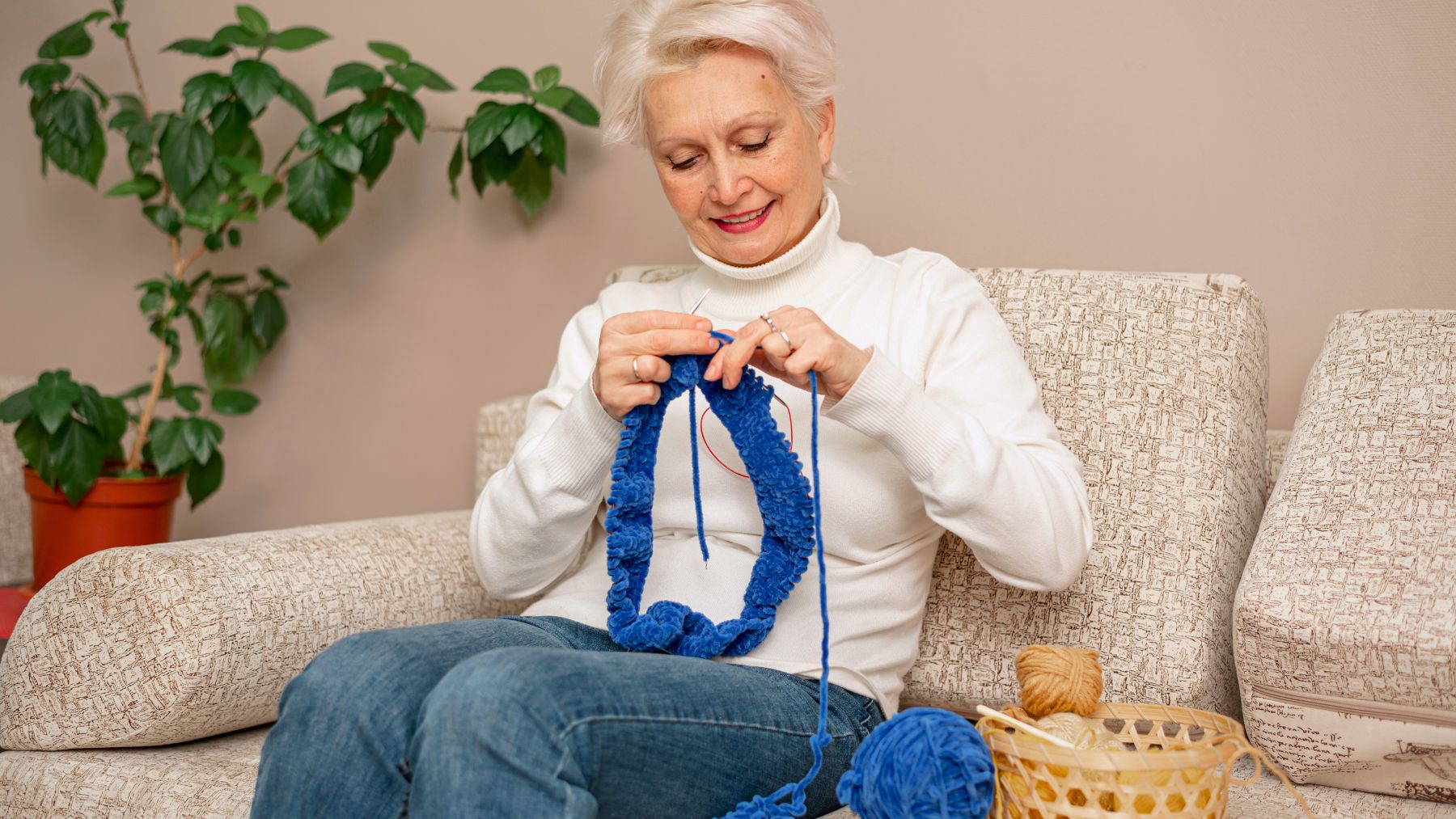When it comes to keeping the mind sharp in retirement, there are several widely recommended hobbies, including reading, dancing, and gardening. Research suggests there’s another hobby that may be even more effective at helping older adults maintain cognitive function.
A study found that learning new, mentally demanding skills—like quilting—can boost memory and thinking in adults over 65. In the following section, we’ll explain what quilting involves, how it supports cognitive health, and what other hobbies can help you stay mentally active as you age.
Why quilting can be a good hobby for seniors over 65
Quilting might seem like a quiet, creative pastime—and it is—but it’s also a big challenge for the brain. The process involves learning new patterns, working with shapes and colors, planning layouts, and using fine motor skills. It’s a layered task that gets memory, reasoning, and problem-solving moving.
In the study, researchers asked older adults to spend several hours a week learning either quilting or digital photography. After three months, participants in both groups showed better memory performance compared to others who had engaged in only social or passive activities. Quilting became a form of cognitive training for them.
This kind of hobby also brings structure and a sense of progress. Following steps, tracking improvement, and completing projects all help reinforce attention and focus. Unlike passive hobbies, it requires you to stay mentally engaged every step of the way.
And while quilting is something you do by yourself, it often brings people together. Quilting groups, clubs, or classes offer social connection, another important factor in healthy aging. The creative process, paired with light conversation and shared goals, creates a low-pressure environment that stimulates both mind and mood.
Other hobbies for seniors to help protect brain function
Quilting is one strong option, but there are other hobbies that challenge the brain and support cognitive health. The key is choosing activities that are mentally stimulating, rewarding, and new to you.
- Digital photography: Like quilting, photography involves planning, technical skill, and visual memory. Learning to use a camera, edit images, or organize digital files gives your brain a meaningful workout.
- Playing an instrument: Music requires focus, memory, coordination, and patience. Picking up an instrument later in life—especially if you’re starting from scratch—can help strengthen brain pathways.
- Learning a language: Language learning is one of the most demanding mental tasks. It strengthens memory and attention and may even delay the onset of cognitive decline.
- Creative writing or journaling: Writing exercises your memory, organization, and emotional awareness. Whether you’re writing stories or reflecting on your day, it keeps your brain active.
- Strategy games or puzzles: Chess, Sudoku, and crosswords all help with logic and attention. These can be good daily habits, but are most helpful when you rotate types or increase difficulty.
The most effective hobbies are the ones that keep you curious and engaged. Whether it’s quilting or something else, what matters is that it pushes you to learn, adapt, and stay mentally involved. The main goal will always be practice to foster brain training.
